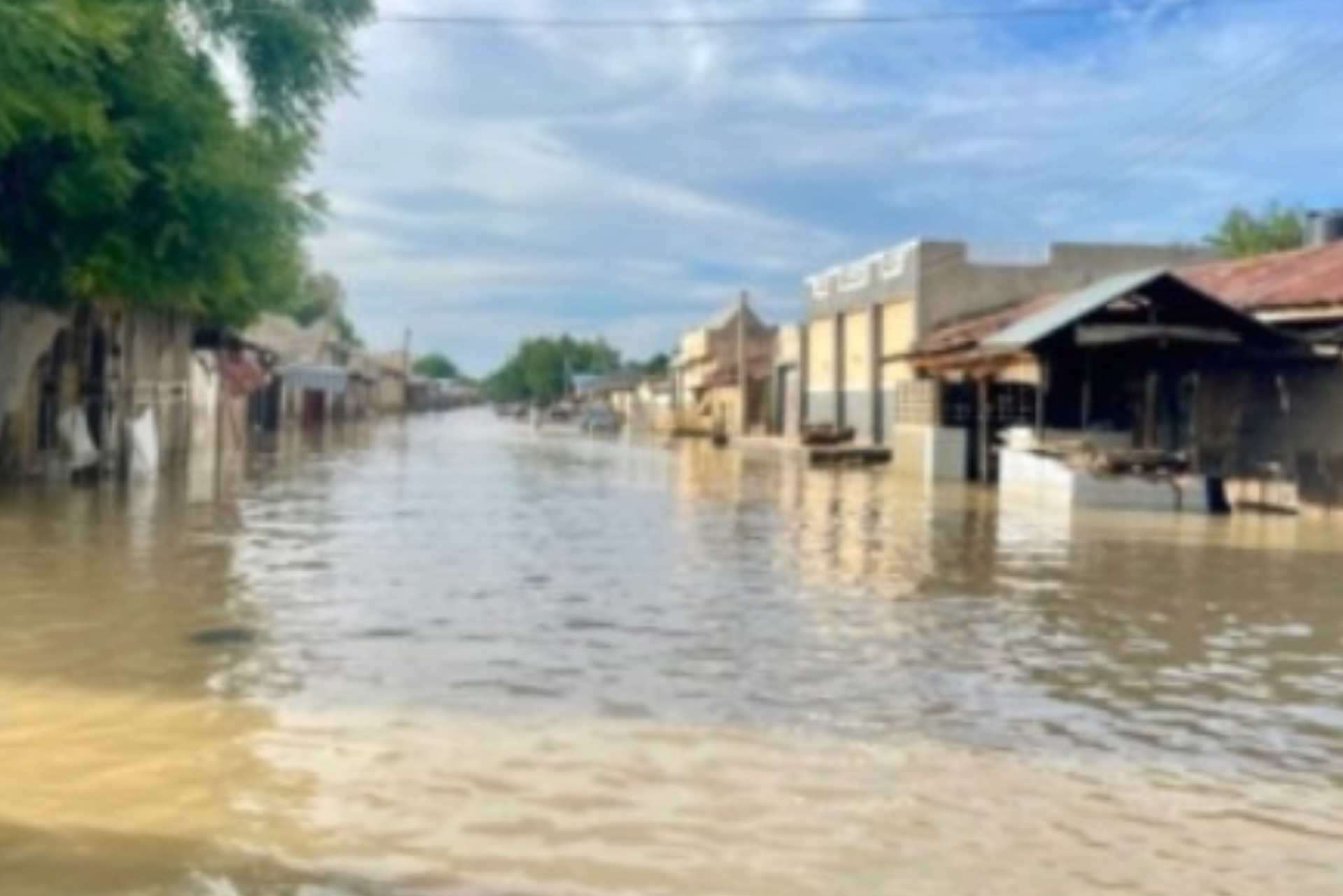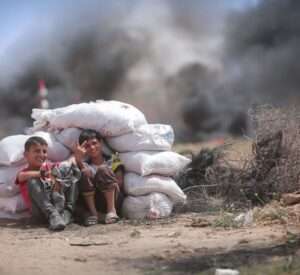The Devastating Flood in Maiduguri: A Humanitarian Crisis
The Devastating Flood in Maiduguri: A Humanitarian Crisi
In early September 2024, Maiduguri, the capital of Borno State in northeastern Nigeria, was hit by one of the worst floods in decades, causing widespread destruction and displacement. Triggered by the collapse of the Alau dam following days of torrential rains, the floodwaters ravaged many neighborhoods, including Fori, Gwange, and Bulabulin. The Nigerian government estimates that the flood has affected over a million people, with 414,000 displaced from their homes and at least 30 fatalities reported.
Impact on Residents
The flood struck swiftly and severely, with many families forced to flee to safety. Temporary shelters, like mosques and public buildings, quickly became overcrowded as people sought refuge from the rising waters. Some residents, such as Salisu Fatti, were reluctant to leave their neighborhoods due to past experiences with the difficult conditions at IDP (Internally Displaced Persons) camps. Others, like a man identified as Abacha, barely escaped with their families, losing nearly all of their belongings to the raging floodwaters.
The flood damaged critical infrastructure, including homes, schools, businesses, and hospitals. According to local reports, the government house, hospitals, and even the palace of the Shehu of Borno were affected. In some areas, the water levels reached dangerous heights, making the situation even more precarious.
Government Response and Relief Efforts
President Bola Tinubu visited Maiduguri on September 16, 2024, to offer his condolences and pledge support to the victims of the flood. Accompanied by high-ranking officials, Tinubu assured the displaced families of swift intervention, including the provision of emergency relief supplies and long-term rehabilitation efforts. This visit followed earlier efforts led by Vice-President Kashim Shettima, who described the flood as the most catastrophic in Borno’s history over the past three decades.
The National Emergency Management Agency (NEMA) and other local authorities have been mobilized to distribute aid and offer support in the worst-hit areas. However, many residents remain in temporary shelters, anxiously waiting for the waters to recede and assessing the damage left behind. The floodwaters have begun to decrease in some neighborhoods, such as Modugari and Custom, but the full scale of the destruction is still being evaluated.
A Call for Urgent Action
The flood in Maiduguri is a stark reminder of the increasing vulnerability of many regions to extreme weather events, exacerbated by poor infrastructure and inadequate urban planning. With climate change contributing to more intense rainfalls and flooding across Nigeria, the need for investment in better flood management systems and disaster preparedness is crucial.
As relief efforts continue, the people of Maiduguri remain resilient in the face of this catastrophe. The hope now lies in the combined efforts of the government, humanitarian organizations, and the international community to provide much-needed aid and rebuild lives after this devastating event.




